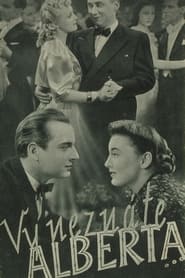detail profile eman fiala
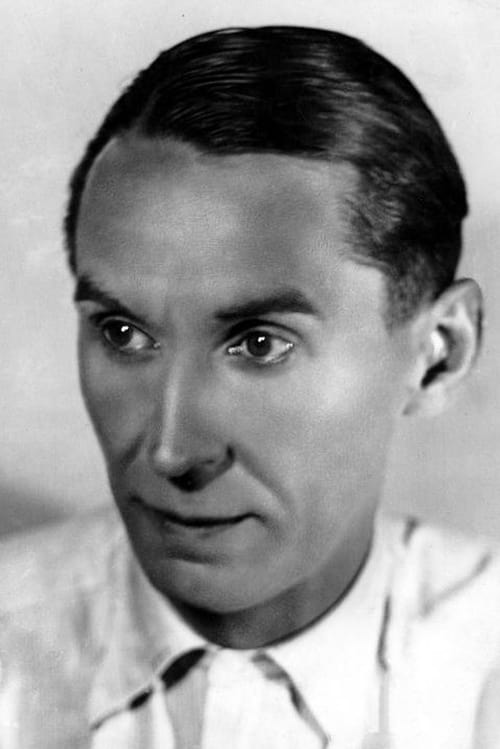
Eman Fiala
Эман Фиала
atau dikenal sebagai
Riwayat Hidup
Vlivem rodinné tradice se věnoval studiu hudby (kompozice a
dirigování).
Hrál již v němých filmech, později skládal také filmovou hudbu, psal filmové náměty a hrál hlavně větší i menší komické role.
Bratr komika Ference Futuristy a hudebního skladatele Jiřího Julia F.
Pocházel z umělecké rodiny: otec KAREL FIALA (1871-1931) a bratr
FERENC FUTURISTA (1891-1947, vlastním jménem František Fiala)
byli herci, bratranec JIŘÍ JULIUS FIALA (1892-1974) hudební skladatel.
Sám se v mládí věnoval spíše vážné hudbě.
Jako kapelník začal spolupracovat s kabarety Rokoko a Červená sedma a postupně se dostal k herectví.
Poprvé se objevil ve filmu UČITEL ORIENTÁLNÍCH JAZYKŮ (1818).
Za celý život vytvořil téměř dvě
stovky rolí v němých a zvukových filmech, k řadě hraných filmů
složil hudbu a písně.
Často hrál hudebníky, skladatele, dirigenty a učitele hudby.
Z větších postav je třeba uvést Emana Habáska z MUŽŮ V OFSAJDU (1931), Lojzíka Chrastila z BATALIONU (němý 1927, zvukový 1937) nebo Bianchiniho v PYTLÁKOVĚ SCHOVANCE
(1949).
Info Pribadi
Peran Yang Di Mainkan Eman Fiala
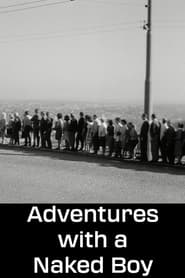 A man boards on a tram...
A man boards on a tram...Adventures with a Naked Boy 1965
A man boards on a tram together with a naked boy. Somebody has stolen the boy's clothes when he was out bathing, leaving him with not even change for the tram. The man has taken care of him and is taking him home. At first nobody notices them but as soon as the people realize they are seeing something out of the ordinary they begin to react to the situation. Some are content with the simple explanation as to why the boy is naked. Others are agitated, for they see the whole situation as something unseemly. An ordinary incident, which might have been passed over in silence, results in a heated argument that turns into a fight. More and more people join in the fight until the police are forced to intervene.
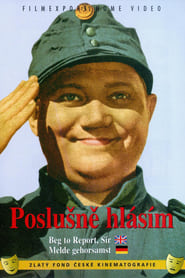 A comedy based on the novel...
A comedy based on the novel...I Dutifully Report 1958
A comedy based on the novel of Jaroslav Hašek's The Good Soldier Svejk happens during the World War I. I Dutifully Report: In the introduction to the second part of the film adaptation of Hašek's novel The Good Soldier Švějk presents his main character Josef Švejk. With the distinctive traditional Czech cartoon character of a soldier Svejk, this time you meet on the way to the front and eventually right in the firing line. You can look at his famous train events, and also probably the most famous episode of the novel, Švejk's Budějovice anabasis. Don't miss the scene with the secretly bought cognac, the episode with Svejk as a fake Russian prisoner of war, including the court scene, and the scene in which lieutenant Dub is caught in a brothel. Despite the criticism, Steklý's adaptation is undoubtedly the most famous and memorable at present.
 Goodnatured and garrulous Schweik becomes the...
Goodnatured and garrulous Schweik becomes the...The Good Soldier Švejk 1957
Good-natured and garrulous, Schweik becomes the Austrian army's most loyal Czech soldier when he is called up on the outbreak of World War I -- although his bumbling attempts to get to the front serve only to prevent him from reaching it. Playing cards and getting drunk, he uses all his cunning and genial subterfuge to deal with the police, clergy, and officers who chivy him toward battle.
 A selfish selfcentered widowed ruler barely...
A selfish selfcentered widowed ruler barely...Once Upon a Time, There Was a King... 1955
A selfish self-centered widowed ruler, barely tolerated by his subjects and called appropriately enough, 'King Myself, First' asks his three daughters to name the measure of their love for him. When one of them says, "more than salt", he banishes her from the kingdom. Not understanding what she meant the King assumes love can only be measured by precious metals or one's own talent, the 'correct' answers from his other two daughters. The arrogance of the King leads him to gather all the salt in the kingdom and destroy it. Of course, this backfires as he slowly learns the universal value of the substance, and of course, the essence of his daughter's reply. With the help of the wise and magical old 'herb woman', the King also learns what it means to be a true and wise ruler.
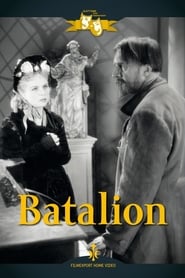 Attorney Frantiek Uher is known for...
Attorney Frantiek Uher is known for...Battalion 1937
Attorney František Uher is known for his patriotic mindset and active assistance in disputes between the Czechs and the Austrian justice system. One of his clients is the poet Šulc, who, while staying with Uhry, discovers that the lawyer's wife Anna is flirting with Uhry's cousin Hojer. When Anna does not respond to Šulc's warning, the poet draws attention to Anna's relationship with Uhra. Uher wants to know the truth, so he returns early from a business trip and actually catches Anna cheating. Disappointment brings him to the "Batalion" pub in Old Prague, where Šulc also used to go some time ago. Here, Uher becomes a mentor to the poorest, but gradually falls into alcoholism. He once again finds strength and stands on the side of justice when he accuses the police in court of murdering poor Lojzík, who wanted to marry the unfortunate waitress from "Battalion" Mimi. After appearing in court, Uher is arrested and "Battalion" is closed. After his release, Uher becomes an organist...
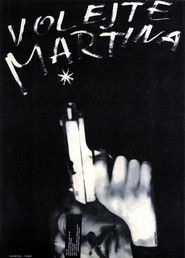
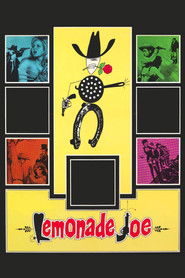 A satire of the Great American...
A satire of the Great American...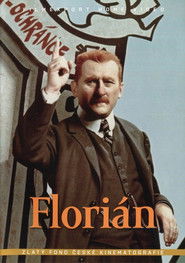
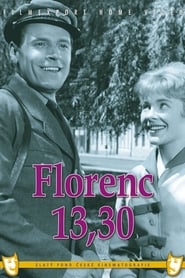
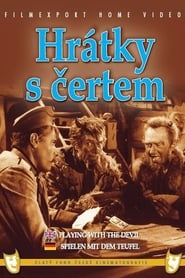
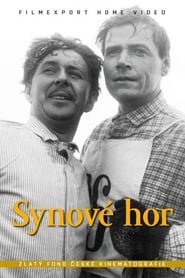
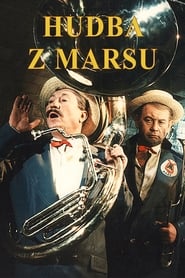
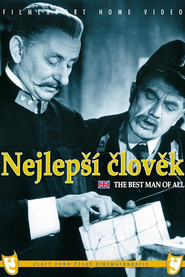
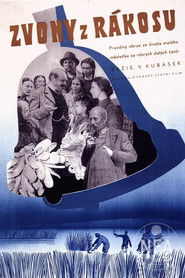 The North Bohemian town of Chudoplesy...
The North Bohemian town of Chudoplesy...